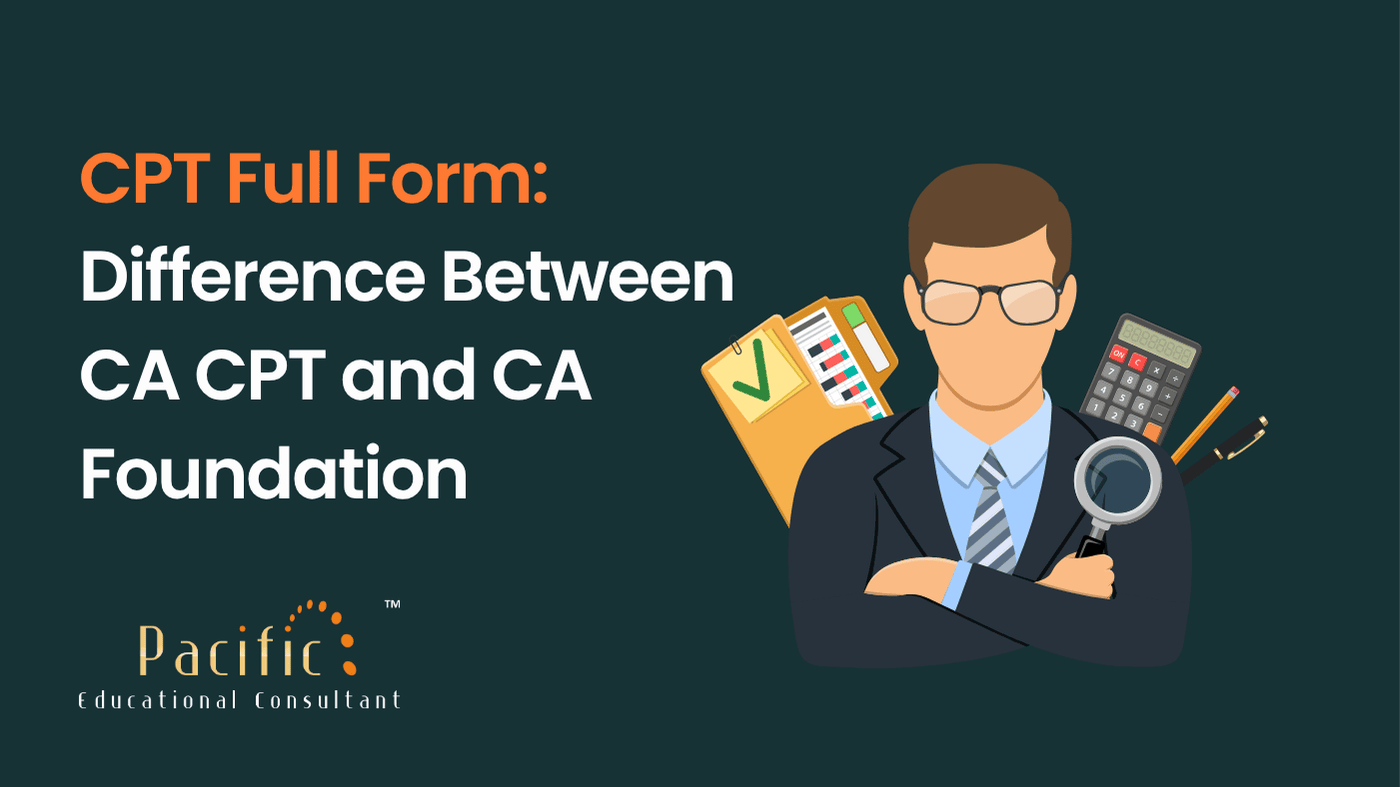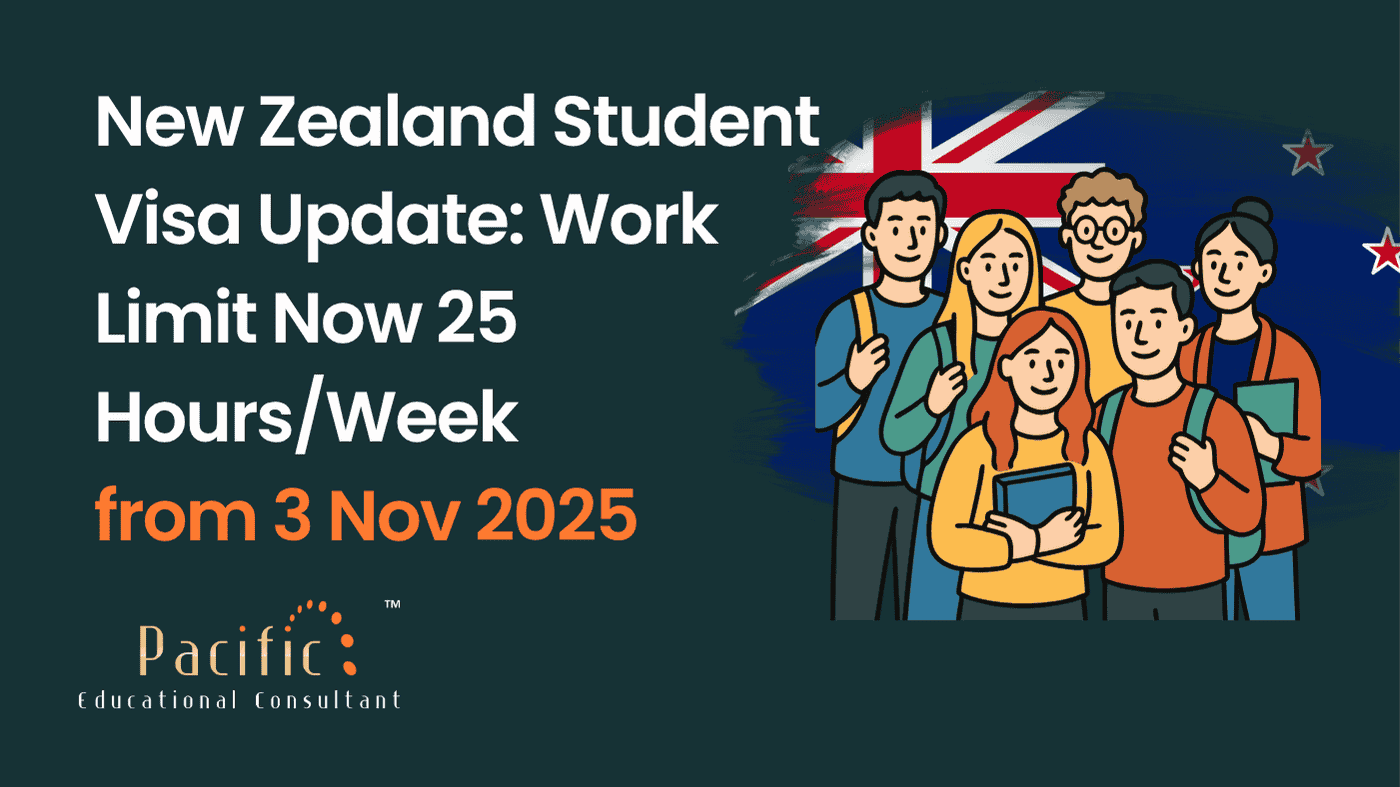


Indian independence was not achieved overnight. It was the result of visionary Indian freedom fighters who challenged British rule with intellect, courage, and global perspective.
Did you know that many freedom fighters of India studied abroad before leading India’s greatest revolutions? Their international education shaped their ideologies and gave them strategic insights that changed the course of history.
Many Indian freedom fighters studied overseas to gain access to modern education, global political thought, and advanced legal systems.
These experiences helped them understand colonialism, democracy, and civil rights from a broader perspective — knowledge they later used to empower India’s independence movement.
| Benefit of Studying Abroad | Impact on Indian Freedom Fighters |
| Exposure to democratic values | Inspired governance reforms |
| Training in law and economics | Strengthened independence strategies |
| Networking with global thinkers | Built international support |
| Public speaking and debate skills | Enhanced leadership abilities |
Subhash Chandra Bose, one of the most fearless freedom fighters of India, believed in revolutionary methods.
He studied at Presidency College, Calcutta, and later at Fitzwilliam College, Cambridge University (UK), where he pursued Mental and Moral Sciences.
During his time in England, he joined the Cambridge Union Society and Cambridge Majlis, sharpening his debating and leadership skills.
His slogan, “Give me blood, and I shall give you freedom,” remains one of India’s most iconic calls for revolution.
Bose later founded the Azad Hind Government and the Indian National Army (INA) — organizations that became symbols of resistance against British rule.
Mahatma Gandhi, often called the Father of the Nation, transformed India’s independence movement through Ahimsa (non-violence) and Satyagraha (truth force).
He studied law at University College London (UCL) and became a barrister at the Inner Temple.
His education abroad helped him understand British law and the moral fabric of justice, which he later used to challenge imperial rule peacefully.
Gandhi also joined a public speaking society in London, which refined his oratory and negotiation skills — vital tools for leading millions in civil disobedience.
Dr. Bhimrao Ramji Ambedkar, one of the most educated freedom fighters of India, was a pioneer of social and legal reform.
He earned a Ph.D. from Columbia University (USA) and an M.Sc. from the London School of Economics (UK).
Ambedkar also studied at the University of Bonn (Germany) and completed legal training at Gray’s Inn, London.
Armed with global academic insights, Ambedkar became the chief architect of the Indian Constitution, ensuring equality and justice for all citizens.
His international education helped shape his understanding of human rights and democracy.
Jawaharlal Nehru, a central figure in India’s freedom struggle, studied at Harrow School and later earned a degree in Natural Sciences from Trinity College, Cambridge.
He also completed law studies at the Inner Temple, London.
Nehru’s exposure to global politics and science shaped his vision for a secular and modern India.
His foreign education inspired his policies in technology, education, and industrial development after independence.
He later became India’s first Prime Minister and an influential writer and statesman.
Sarojini Naidu, known as the Nightingale of India, was a gifted poet and one of the most influential female freedom fighters of India.
She studied at King’s College, London, and Girton College, Cambridge, where she honed her skills in literature and political thought.
Her exposure to British education deepened her understanding of women’s rights and nationalism.
Naidu played a leading role in the Civil Disobedience Movement and became the first female Governor of an Indian state.
Her poetic works and speeches continue to inspire generations.
Studying abroad gave these Indian freedom fighters more than just degrees — it gave them a global mindset.
They returned to India with modern ideas of governance, justice, and civil rights that fueled the independence struggle.
| Freedom Fighter | Country of Study | Field | Key Contribution |
| Subhash Chandra Bose | UK | Moral Sciences | Led Indian National Army |
| Mahatma Gandhi | UK | Law | Led Non-violent Movements |
| B.R. Ambedkar | USA, UK, Germany | Economics, Law | Drafted Indian Constitution |
| Jawaharlal Nehru | UK | Science, Law | First Prime Minister of India |
| Sarojini Naidu | UK | Literature | Women’s Rights Activist |
If you dream of building a global career like these freedom fighters who studied abroad, studying in world-class universities can transform your life.
Meet our international education specialists today to plan your study abroad journey and shape your own path to leadership.

CPT Full Form: Difference Between CA CPT and CA Foundation

5 Indian Freedom Fighters Who Studied Abroad and Changed India’s History

New Zealand Student Visa Update: Work Limit Now 25 Hours/Week from 3 Nov 2025

Describe a family member who you want to work with in the future - IELTS Cue Card

Describe a noisy place you have been to - IELTS Cue Card

Describe a time you enjoyed a free day off work or school – IELTS Cue Card

Bachelor in Business Economics (BBE)

BE IT Full Form: Complete Guide to Eligibility, Syllabus, Fees, and Career Scope

Describe a water sport you would like to try in the future - IELTS Cue Card

Describe a plan that you had to change recently - IELTS Cue Card